Uncategorized
-
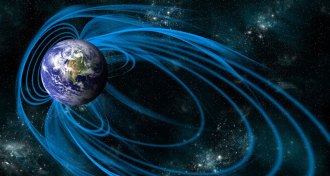 Earth
EarthEarth’s core may have hardened just in time to save its magnetic field
Earth’s inner core began to solidify sometime after 565 million years ago — just in time to prevent the collapse of the planet’s magnetic field, a study finds.
-
 Anthropology
AnthropologyWhy modern javelin throwers hurled Neandertal spears at hay bales
A sporting event with replica weapons suggests that Neandertals’ spears may have been made for throwing, not just stabbing.
By Bruce Bower -
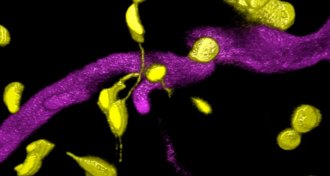 Plants
PlantsHow light-farming chloroplasts morph into defensive warriors
Researchers now know which protein triggers light-harvesting plant chloroplasts to turn into cell defenders when a pathogen attacks.
By Jeremy Rehm -
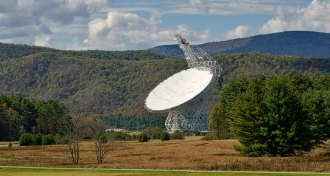 Space
SpaceIt’s time to start taking the search for E.T. seriously, astronomers say
Astronomers are hoping to make looking for alien technology an official science goal of NASA.
-
 Health & Medicine
Health & MedicineReaders have questions about Parkinson’s disease, moth wings and more
Readers had questions about Parkinson’s disease, the new definition of a kilogram’s mass, Saturn’s moon Dione and more.
-
 Planetary Science
Planetary ScienceWe spent New Year’s Eve in the Kuiper Belt
Editor in Chief Nancy Shute discusses Science News' coverage of NASA's New Horizons spacecraft's flyby of Ultima Thule.
By Nancy Shute -
 Health & Medicine
Health & MedicineVitamin D supplements aren’t living up to their hype
Once seen as a supplement with a long list of benefits, vitamin D’s glow may be dimming.
By Laura Beil -
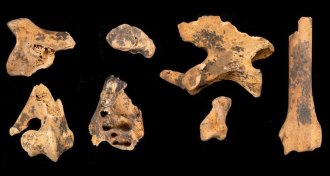 Anthropology
AnthropologyDogs may have helped ancient Middle Easterners hunt small game
Jordanian finds point to pooch-aided hunting of small prey around 11,500 years ago, offering new clues into dog domestication in the Middle East.
By Bruce Bower -
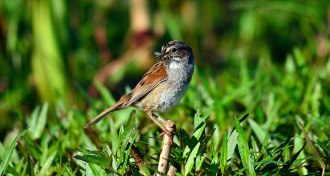 Animals
AnimalsMale birds’ sexy songs may not advertise their brains after all
A biologist backs off an idea he studied for years that the mastery of birdsong is a sign of bird smarts.
By Susan Milius -
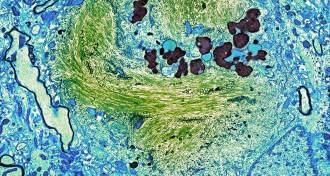 Health & Medicine
Health & MedicineLack of sleep is tied to increases in two Alzheimer’s proteins
In people and mice deprived of sleep, researchers found an increase in tau, a protein involved in Alzheimer’s disease, in the fluid bathing the brain.
-
 Neuroscience
NeuroscienceRocking puts adults to sleep faster and makes slumber deeper
People sleep better when their beds are gently rocked, a small study finds.
-
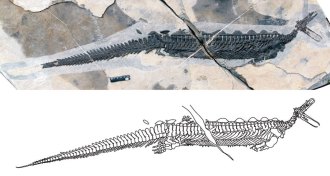 Paleontology
PaleontologyTiny eyes make a bizarre, ancient platypus-like reptile even weirder
An ancient oddball marine reptile had teeny-tiny eyes, suggesting it probably used senses other than sight to catch food.